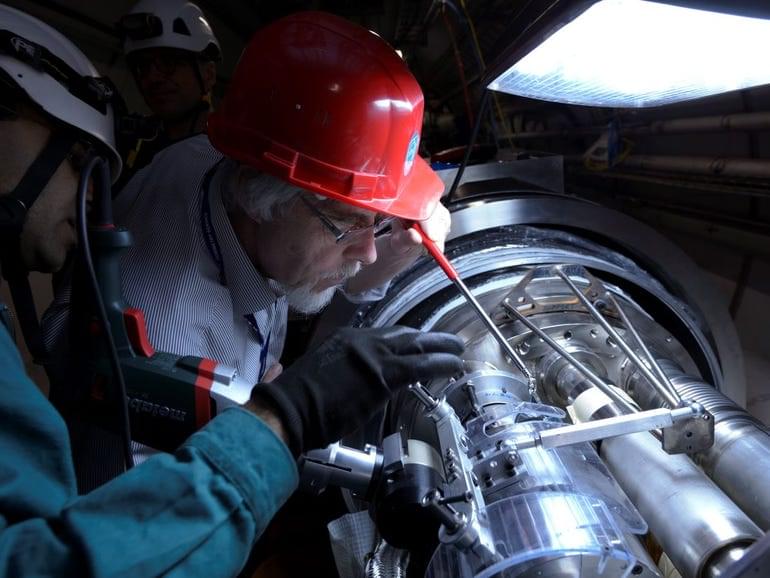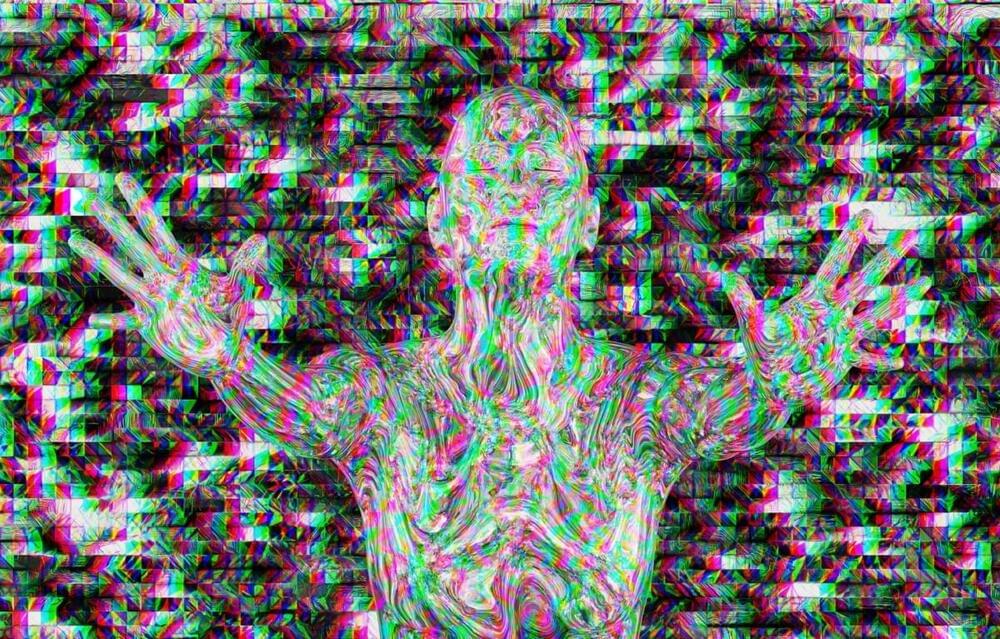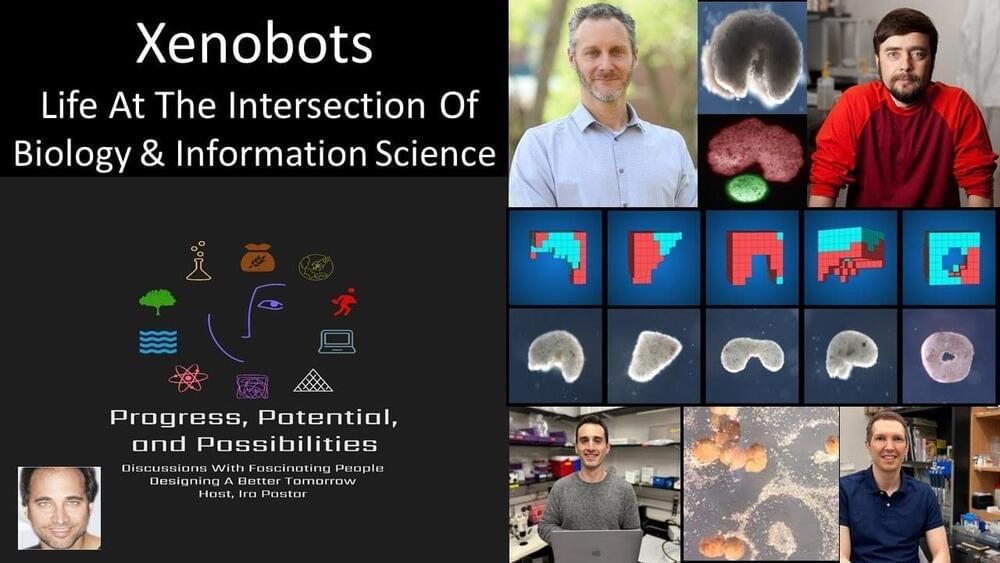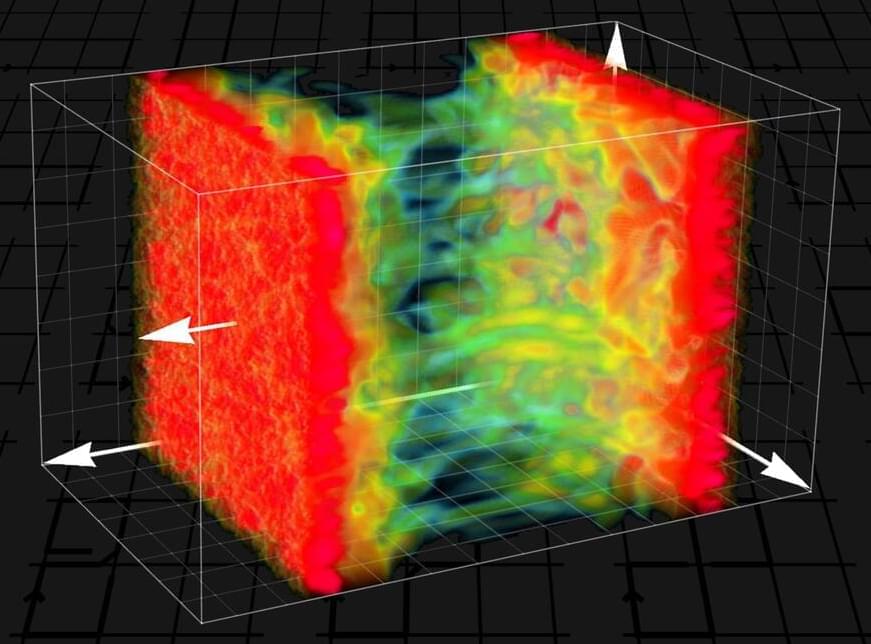Feb 1, 2022
This AI Learned the Design of a Million Algorithms to Help Build New AIs Faster
Posted by Shubham Ghosh Roy in categories: information science, robotics/AI
Might there be a better way? Perhaps.
A new paper published on the preprint server arXiv describes how a type of algorithm called a “hypernetwork” could make the training process much more efficient. The hypernetwork in the study learned the internal connections (or parameters) of a million example algorithms so it could pre-configure the parameters of new, untrained algorithms.
The AI, called GHN-2, can predict and set the parameters of an untrained neural network in a fraction of a second. And in most cases, the algorithms using GHN-2’s parameters performed as well as algorithms that had cycled through thousands of rounds of training.

















